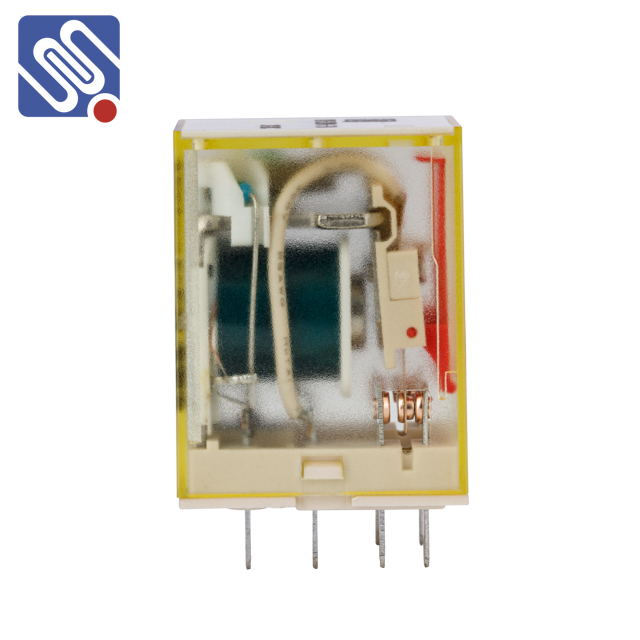understanding relay performance metrics with a focus on meishuo
Release time:2025-08-29 02:45:15
Relay systems are an essential component in telecommunications and networking, where they play a critical role in ensuring data transmission over extended distances or through complex network topologies. These systems work by receiving a signal, amplifying or processing it, and then transmitting it further to its destination. In evaluating the performance of such systems, several metrics come into play to ensure they meet specific criteria in terms of speed, reliability, and efficiency. One company making significant strides in enhancing relay systems' performance is Meishuo, which focuses on improving relay communication through advanced technologies.

Key Relay Performance Metrics
When assessing relay systems, it's crucial to measure certain parameters to determine how well they function. These performance metrics help in identifying areas for improvement and ensuring that the system can handle the necessary load while providing high-quality service.
Signal Strength and Quality
Signal strength and quality are the foundation of any communication system, including relay systems. A relay node’s ability to amplify and maintain the signal's integrity is crucial for effective data transfer. Metrics such as Signal-to-Noise Ratio (SNR) and Bit Error Rate (BER) are often used to evaluate the quality of the signal. A higher SNR and lower BER indicate better performance, which leads to clearer communication and fewer data retransmissions.

